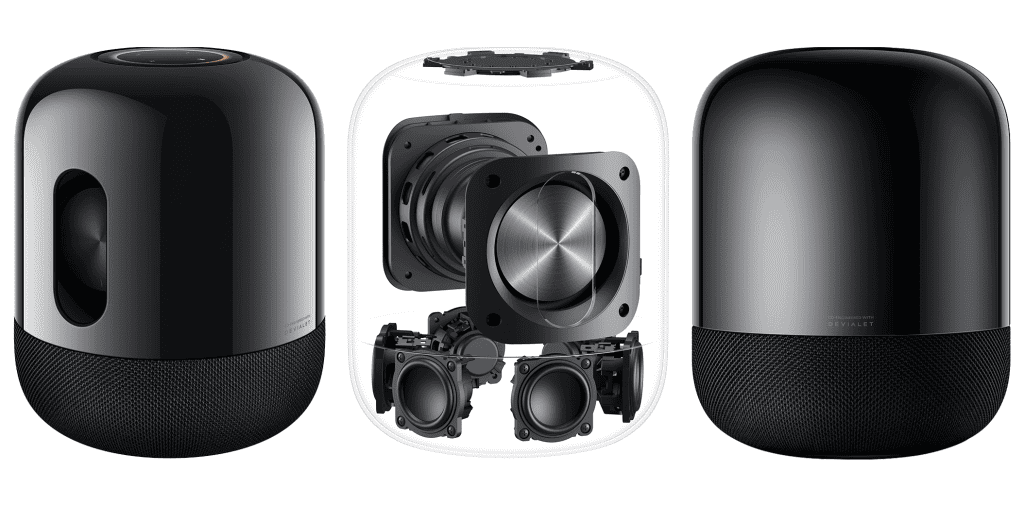PAT PILCHER reports on the stoush of the century – the looming battle between the two titans of the tech world, Facebook and Apple.
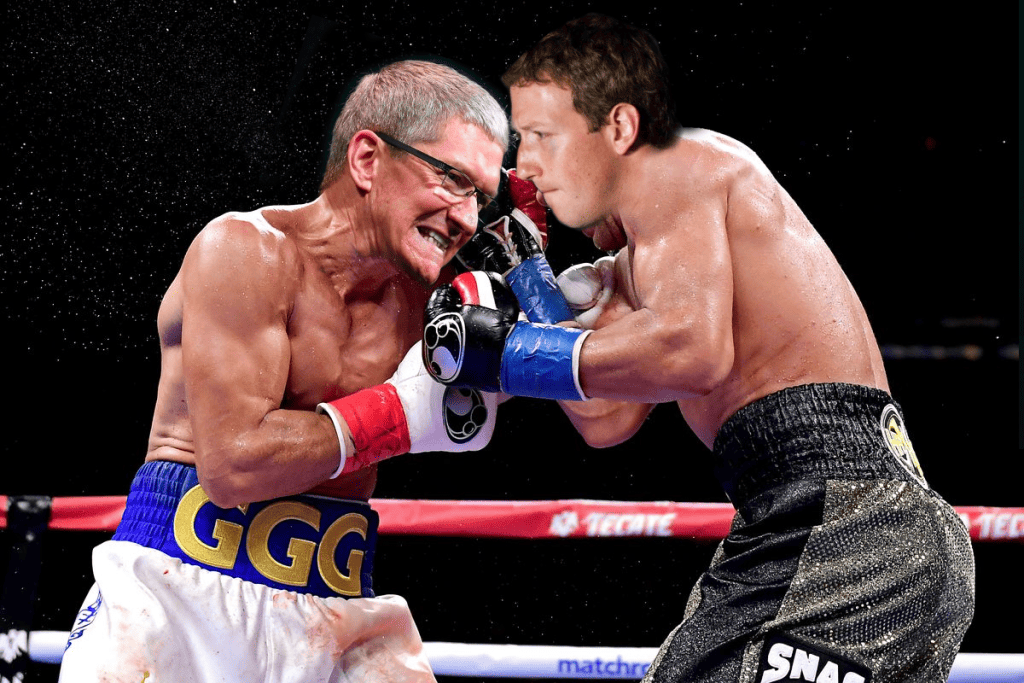
It isn’t every day you get to watch two tech titans slug it out, yet here we are.
Facebook and Apple are locked in an increasingly bitter fight that centres around the data of millions of iPhone users. Both companies’ argue the pros and cons of data privacy and “free” internet services.
In one corner is Facebook. They say: “Hell yes! Let us track your data!” They’ve even launched a video voiced by Grace Jones to generate support for their position.
In the other corner is Apple. CEO Tim Cook is pushing for more control over data privacy. He has been a vocal critic of algorithms that perpetuate misinformation. He’s also publicly said that “we need transparency and reform” when it comes to data privacy.
Would you like to support our mission to bring intelligence, insight and great writing to entertainment journalism? Help to pay for the coffee that keeps our brains working and fingers typing just for you. Witchdoctor, entertainment for grownups. Your one-off (or monthly) $5 or $10 donation will support Witchdoctor.co.nz. and help us keep producing quality content. It’s really easy to donate, just click the ‘Become a supporter’ button below.
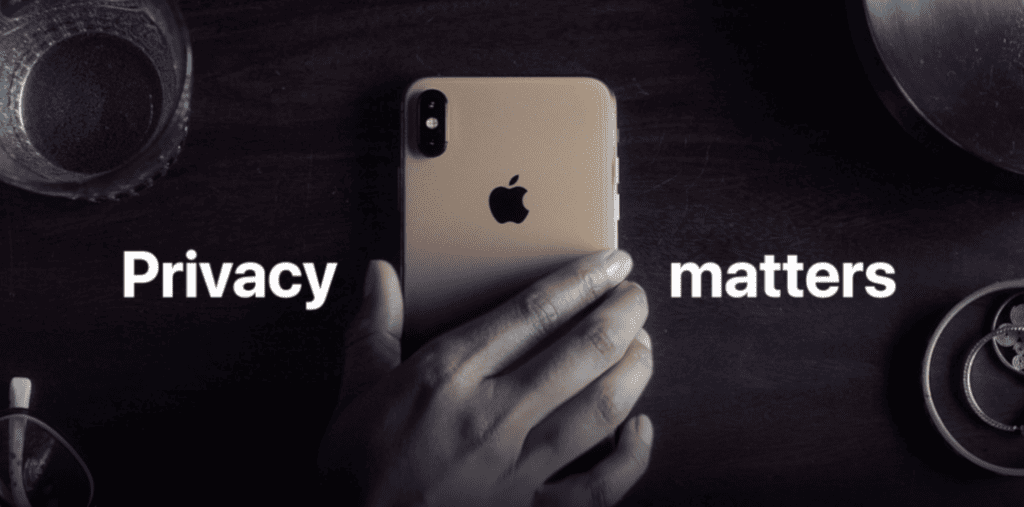
So how did these two Silicon Valley heavyweights get so wound up?
It turns out that Apple isn’t that far away from releasing an iOS software update. The update for iPhones will require apps to get consent from users to track data shared with third parties. This can cover which apps are used, how long the apps are used for, websites visited, plus user location information. At the moment, this data is harvested and sold on to advertisers who can then use it to create highly targeted online advertisements.
Apple says that most mobile apps can have up to six trackers harvesting user data.
While the Facebook app allows for data tracking to be manually disabled, it’s enabled by default, allowing Facebook to make money off their free service by selling user data.
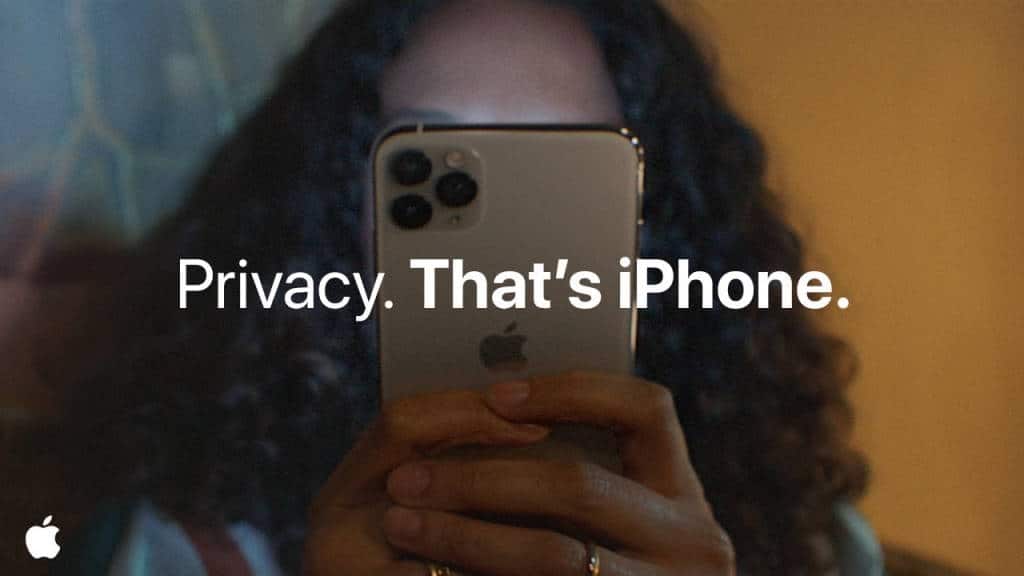
Given the sheer number of iPhone users, Facebook’s cash cow stands to take a serious hit in April/May when the update is released. Apple’s CEO, Tim Cook, says the update will give people greater control over what he (and many others) see as an intrusive abuse of personal privacy. Facebook is, however, arguing that Apple is acting out of self-interest. So, who’s right?
Facebook has gone on the offensive, saying that Apple is attempting a grab for revenues from free apps, which Facebook argue also feeds user data to advertisers. Facebook also cite the Apple tax, where Apple (through its App Store) takes a 30% cut of in-app purchases and that Apple is attempting to undercut Facebook’s (and that of other free apps) business model.
Facebook says that many small businesses depend on targeted ads. They say that Apple could fundamentally impact the internet, shifting it to a paid rather than free business model to bolster their profits.
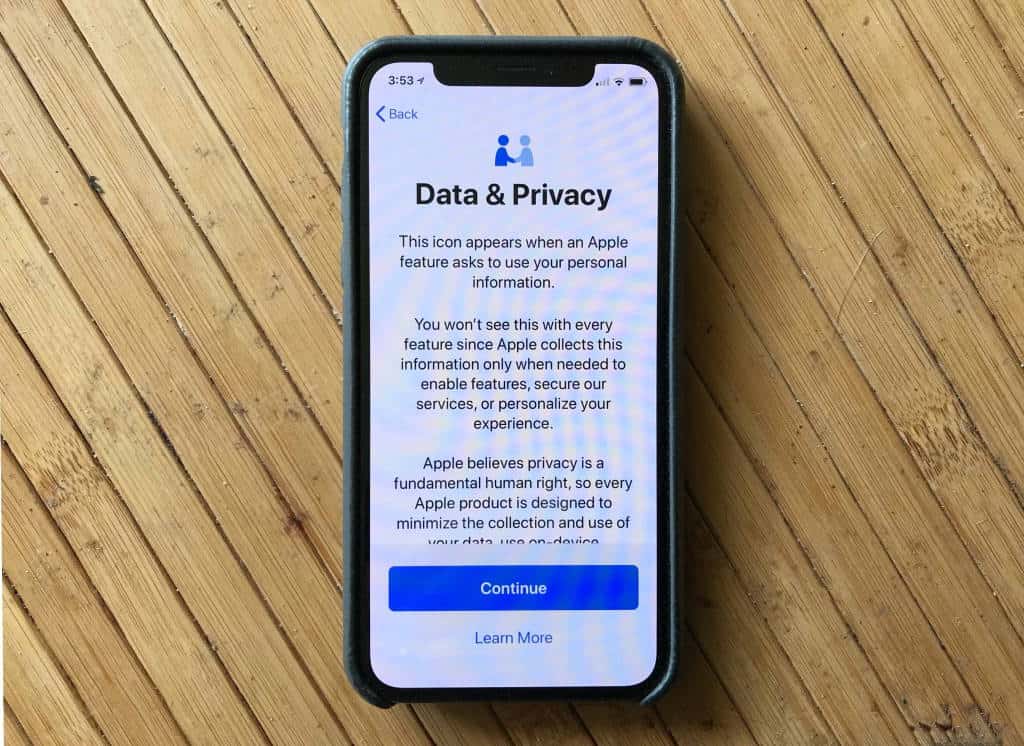
Regardless of what Apple and Facebook shout at each other and to the world, it is doubtful that the changes coming to the IOS platform would impact small business as severely as they would Facebook. The reality is that the impacts could hit Facebook’s profits hard (Facebook generates around 98% of its total revenue from advertising). Industry analysts expect the Apple update to create an estimated 7% hit on Facebook’s revenues. They also say that this could increase should Google and others follow Apple.
Ultimately, the stoush really comes down to differences in the business models of both players. Facebook operates a social network with billions of people on it. Attracting that volume of people means Facebook must be “free” to use, which means it must be supported by advertising so that bills can be paid. I say “free” because Facebook users are really paying with their data and privacy. Facebook builds an incredibly detailed portrait of users by tracking their online behaviour. They sell their data to ad-agency brokers and advertisers.
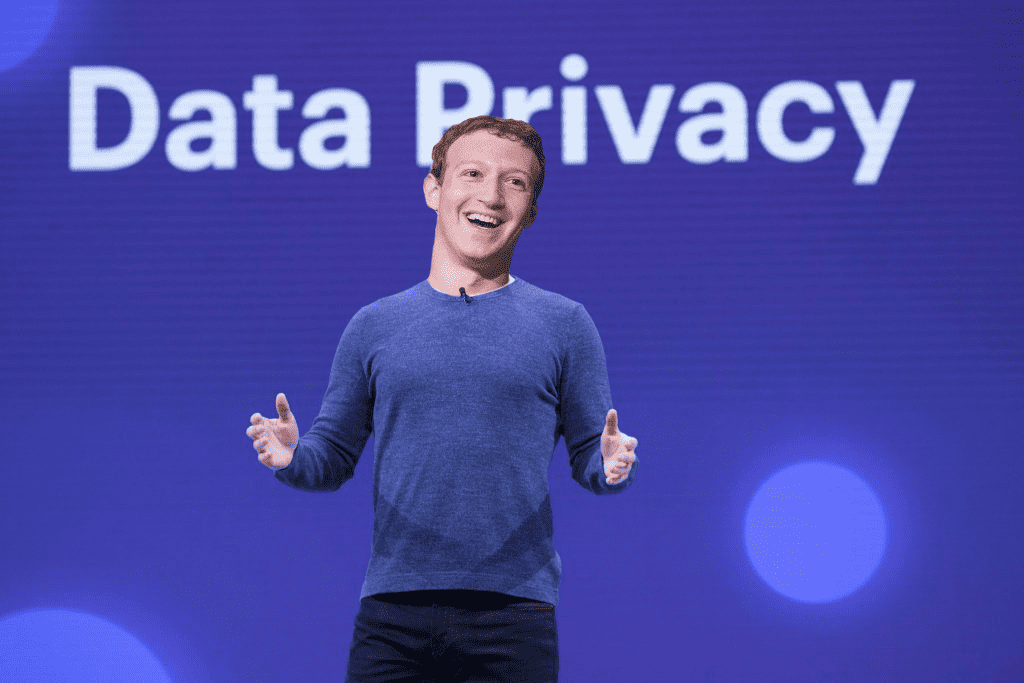
Apple is, first and foremost, a hardware business. The cash cows are its iPhones, iPads, and Macs. Because Apple has existing and extremely healthy incomes from its hardware business, it doesn’t need to track or sell user data to third parties. This works well with Apple’s position as a privacy advocate. It also has the added benefit of driving greater user loyalty.
Given these differences, it is of little surprise that Apple and Facebook are at loggerheads. The wider consequences of this clash are likely to be interesting as other tech companies seek to balance privacy and data collection going forwards. Inevitably, other big tech players such as Microsoft and Google will also get swept into the fray. This could have a big impact on the long-term viability of “free” to use services such as Facebook. While it is still too early to tell how this will shake out, we will keep a watching brief at Witchdoctor.








